In the fast-paced world we inhabit, quality sleep often takes a back seat to the demands of daily life. However, understanding the importance of sleep is crucial for our overall well-being. A good night’s rest is not merely a luxury; it’s a necessity that impacts our physical health, mental acuity, and emotional resilience.
The Importance of Sleep:
Quality sleep plays a pivotal role in maintaining a healthy lifestyle. It is during these hours of rest that our bodies undergo crucial processes, including cell repair, immune system strengthening, and memory consolidation. A lack of sleep has been linked to various health issues such as obesity, heart disease, and impaired cognitive function.
To put the importance of sleep into perspective, consider these alarming statistics:
- According to the Centers for Disease Control and Prevention (CDC), more than one-third of adults in the United States don’t get enough sleep on a regular basis.
- The National Sleep Foundation reports that the recommended amount of sleep for adults is 7-9 hours per night, yet nearly 30% of adults report getting less than six hours of sleep on average.
- Lack of sleep costs the U.S. economy billions of dollars annually in lost productivity, accidents, and healthcare expenses, as reported by the American Academy of Sleep Medicine.
- Chronic sleep deprivation has been linked to an increased risk of chronic conditions such as diabetes, cardiovascular disease, and obesity, according to numerous studies published in reputable medical journals.

10 Proven Tips for a Better Sleep
- Prioritize Your Sleep Schedule: One of the most effective ways to ensure a sound sleep is to establish a consistent sleep schedule. Go to bed and wake up at the same time every day, even on weekends. This helps regulate your body’s internal clock, optimizing the quality of your sleep.
- Create a Relaxing Bedtime Routine: Engage in activities that signal to your body that it’s time to wind down. This can include reading a book, taking a warm bath, or practicing relaxation techniques such as deep breathing. Avoid stimulating activities like watching intense TV shows or using electronic devices before bedtime.
- Invest in a Comfortable Mattress and Pillows: Your sleep environment matters. Make sure your mattress and pillows provide the necessary support for a comfortable night’s sleep. An investment in quality bedding can pay off in the form of improved sleep and overall well-being.
- Limit Caffeine and Alcohol Intake: While that cup of coffee or glass of wine might seem like a good idea, especially in the evening, it can interfere with your sleep. Caffeine and alcohol can disrupt your sleep cycle, so it’s advisable to consume them in moderation and avoid them close to bedtime.
- Create a Sleep-Friendly Environment: Make your bedroom conducive to sleep by keeping it dark, quiet, and cool. Consider using blackout curtains, earplugs, or a white noise machine to eliminate disturbances. Your sleeping environment should be a sanctuary for rest.
- Stay Active During the Day: Regular physical activity can contribute to better sleep. Engage in moderate exercise, such as walking or cycling, for at least 30 minutes most days of the week. However, avoid vigorous exercise close to bedtime, as it may have the opposite effect.
- Watch Your Diet: Be mindful of what you eat, especially in the evening. Heavy meals, spicy foods, and excessive liquids can cause discomfort and disrupt your sleep. Opt for a light, balanced dinner a few hours before bedtime.
- Manage Stress and Anxiety: High levels of stress and anxiety can be major obstacles to a good night’s sleep. Practice relaxation techniques, such as meditation or yoga, to calm your mind before bedtime. Consider keeping a journal to jot down any lingering thoughts that might keep you awake.
- Seek Professional Help if Needed: If you consistently struggle with sleep despite adopting these tips, it may be time to seek advice from a healthcare professional. Sleep disorders such as insomnia or sleep apnea require proper diagnosis and treatment to ensure a good night’s rest.
- Melatonin Supplements for Better Sleep: Melatonin is often referred to as the “sleep hormone” because of its role in signaling to the body that it’s time to sleep. The production of melatonin is influenced by the body’s internal clock, or circadian rhythm, which responds to external cues such as light and darkness.
Melatonin supplements are not intended for long-term use, and dependency should be avoided. It’s advisable to use melatonin intermittently and under the guidance of a healthcare professional to prevent the body from becoming reliant on external sources of melatonin.

Consider these natural supplements to sleep better
- Valerian Root: Widely recognized for its calming effects, valerian root has been used for centuries to alleviate anxiety and promote relaxation. Valerian supplements may help improve sleep quality by increasing the levels of gamma-aminobutyric acid (GABA), a neurotransmitter that promotes relaxation and sleep.
- Lavender Extract: Aromatherapy enthusiasts are likely familiar with the soothing scent of lavender. Studies have suggested that inhaling lavender essential oil or taking lavender supplements can have a calming effect, potentially reducing anxiety and aiding in sleep onset. Consider incorporating lavender into your bedtime routine through diffusers or pillow sprays.
- Chamomile: Known for its gentle sedative properties, chamomile has been used for centuries as a natural remedy for insomnia and anxiety. Chamomile tea, in particular, is a popular pre-bedtime beverage that may help relax the mind and body, promoting a sense of calm conducive to sleep.
- Passionflower: Passionflower is a plant with potential sleep-inducing effects. This natural remedy has been traditionally used to alleviate anxiety and insomnia. Research suggests that passionflower may enhance GABA activity, contributing to its calming and sleep-promoting properties.
- Magnesium: Magnesium is an essential mineral involved in various bodily functions, including muscle relaxation and the regulation of the sleep-wake cycle. Incorporating magnesium-rich foods into your diet or taking magnesium supplements may help improve sleep quality, especially for those with magnesium deficiencies.
- 5-HTP (5-Hydroxytryptophan): 5-HTP is an amino acid precursor to serotonin, a neurotransmitter that plays a role in mood and sleep regulation. Some studies suggest that 5-HTP supplements may help improve sleep by increasing serotonin levels. However, it’s important to consult with a healthcare professional before adding 5-HTP to your regimen.
- Glycine: Glycine is an amino acid with potential sleep-enhancing properties. Studies indicate that glycine supplementation may improve sleep quality by lowering core body temperature and promoting a deeper, more restorative sleep. It can be found in foods like bone broth or taken as a supplement.
Conclusion:
In a world that glorifies hustle culture and constant productivity, it’s easy to overlook the importance of sleep. However, the benefits of embracing a healthy sleep routine extend far beyond feeling well-rested. Improved mood, enhanced cognitive function, and a bolstered immune system are just a few of the rewards that come with prioritizing your sleep. By implementing these sound sleep tips, you can unlock the transformative power of a good night’s rest and pave the way for a healthier, happier you.

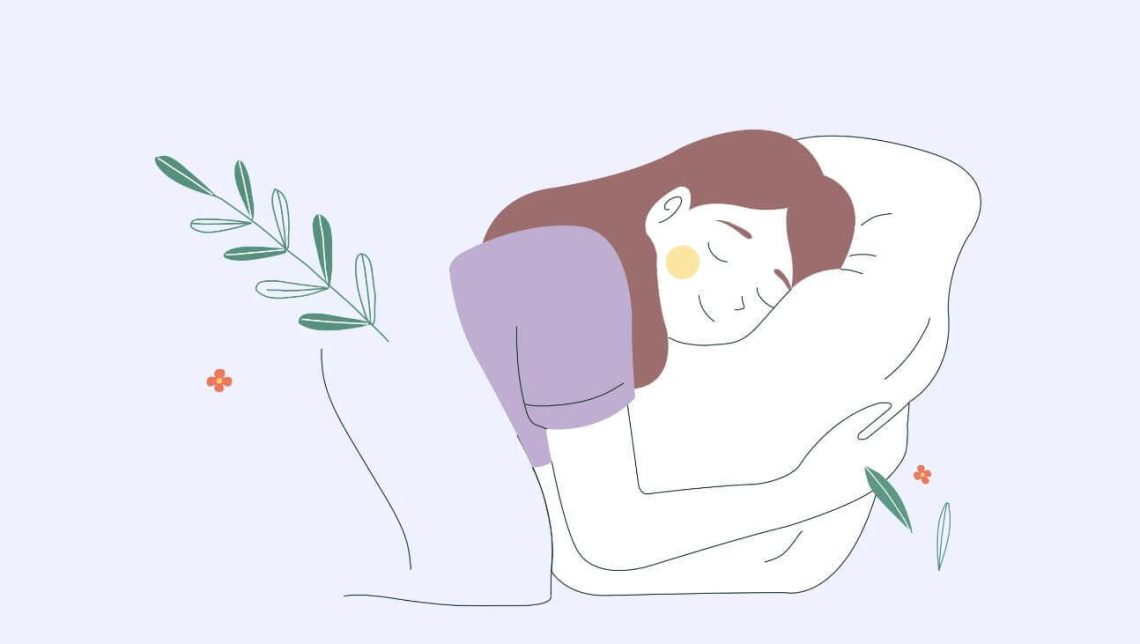


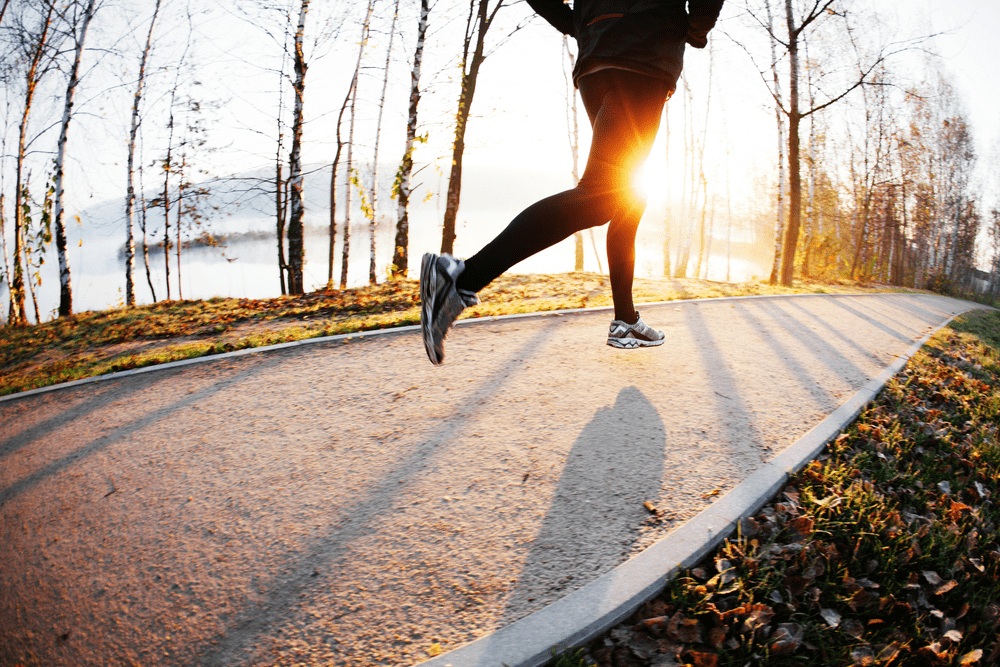




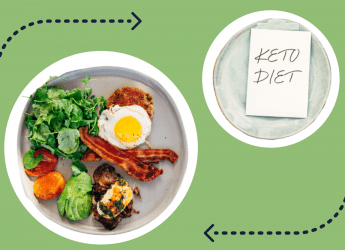








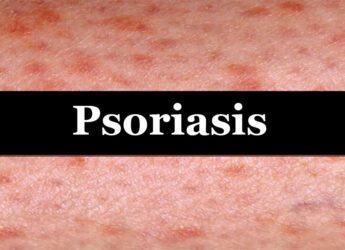





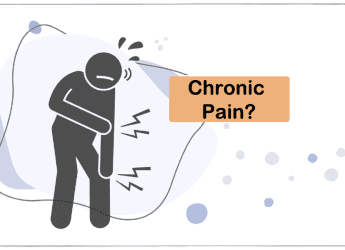



No Comments